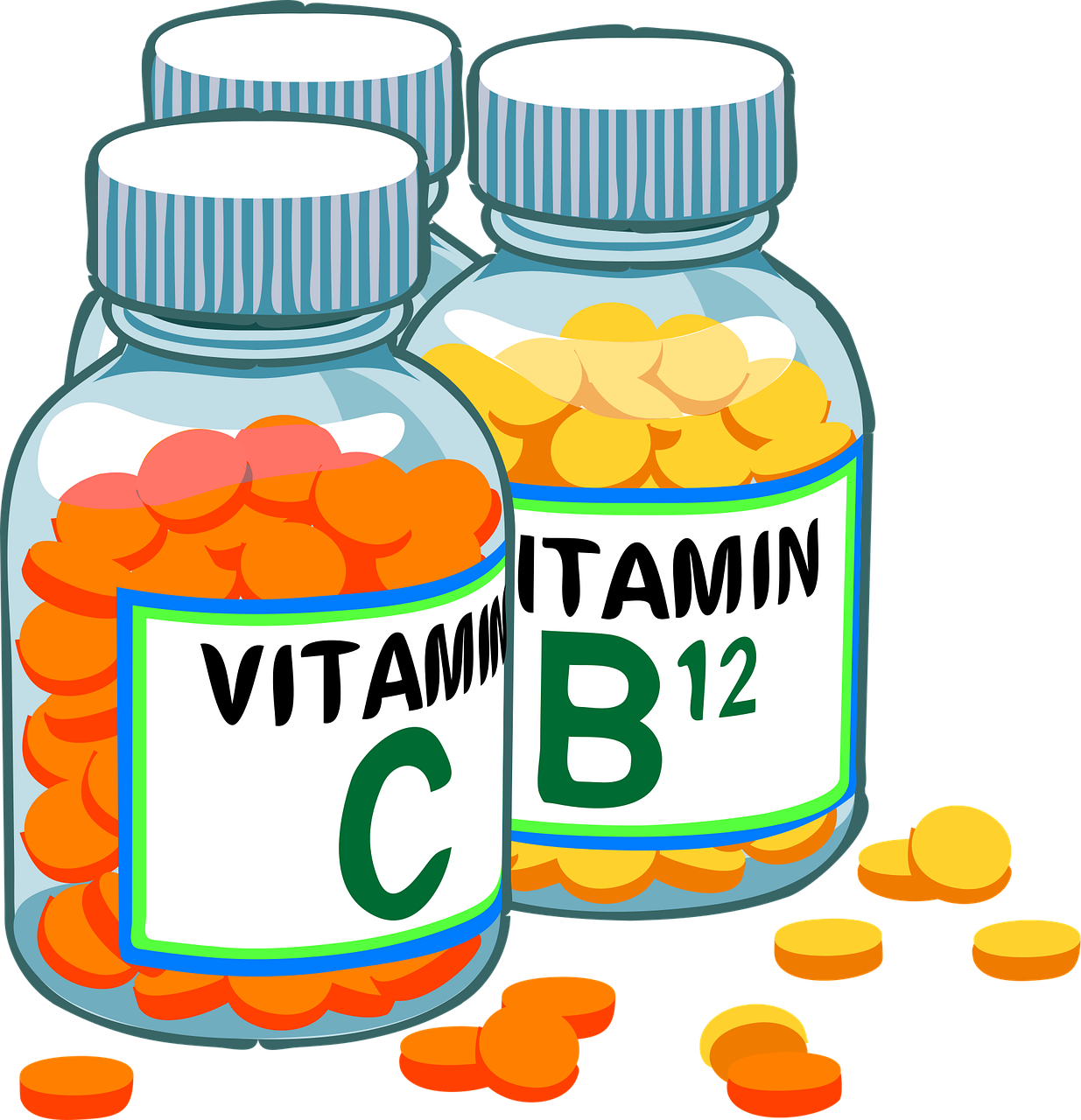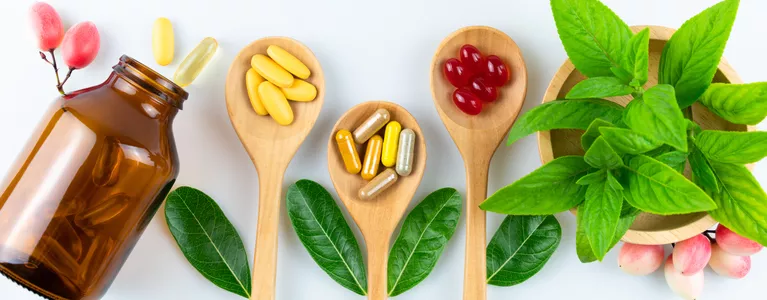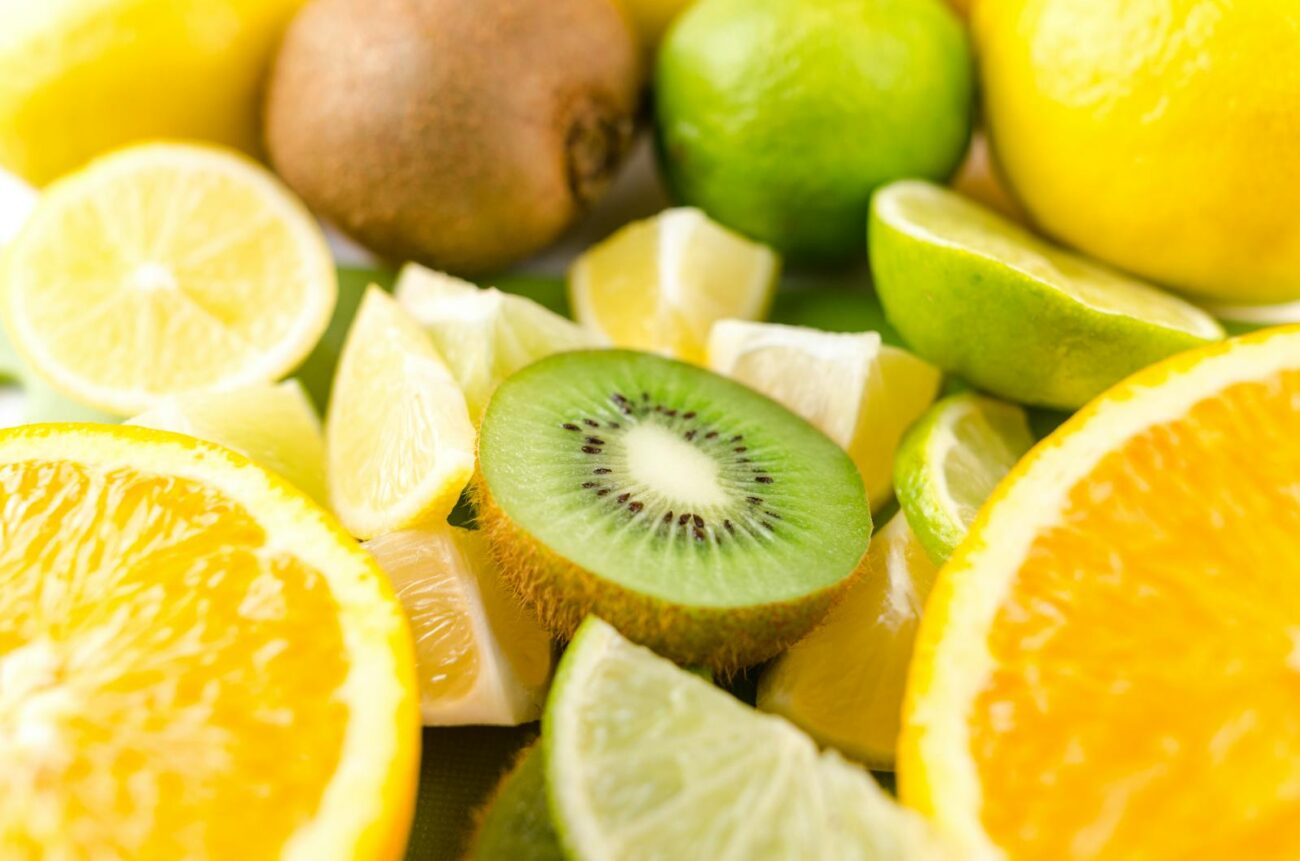This article was analyzed by Serge, MSc. Leveraging expertise in Biochemistry and Chemical Quality Control, I share insights and recommendations backed by research and clinical evidence to ensure you find safe and effective supplement solutions.

Most people grab fruit when they think of vitamin C. It makes sense, everyone knows oranges, kiwis, and strawberries are packed with it. But Not all fruits are good sources of vitamin C.
Bananas, apples, and grapes are tasty and provide fiber and antioxidants, but they don’t offer much vitamin C. If you’re looking to boost your immune system, they won’t do much. That’s why it helps to know which fruits fall short and which ones actually deliver.
Here, we’ll break down the winners and losers when it comes to vitamin C and share simple ways to get more of it every day.
Fruits Low in Vitamin C.
A lot of everyday favorites don’t bring much vitamin C to the table:
1. Bananas.
Bananas are convenient and sweet, perfect for a morning snack or post-workout energy. They’re also loaded with potassium, which helps muscles and heart function. But here’s the downside: a medium banana has only about 9 mg of vitamin C, roughly 8% of what you need in a day.

2. Apples.
Crunchy, juicy, and high in fiber, apples are great for digestion and keeping you full. They’re easy to grab on the go. Still, a medium apple contains just 8 mg of vitamin C, which is only 7% of your daily needs. Not exactly a vitamin C boost.
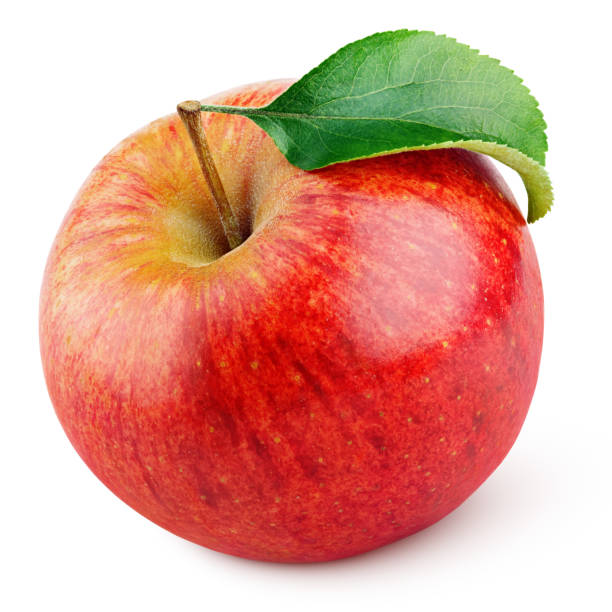
3. Grapes.
Grapes are sweet, hydrating, and packed with antioxidants like resveratrol that support heart health. They’re perfect for snacking or adding to salads. But one cup of grapes gives only 5 mg of vitamin C, about 4% of the daily requirement.

4. Pears.
Pears are gentle on your stomach and great for fiber. They’re subtly sweet, making them a nice treat any time. Unfortunately, a medium pear provides only 10 mg of vitamin C, just 8% DV.
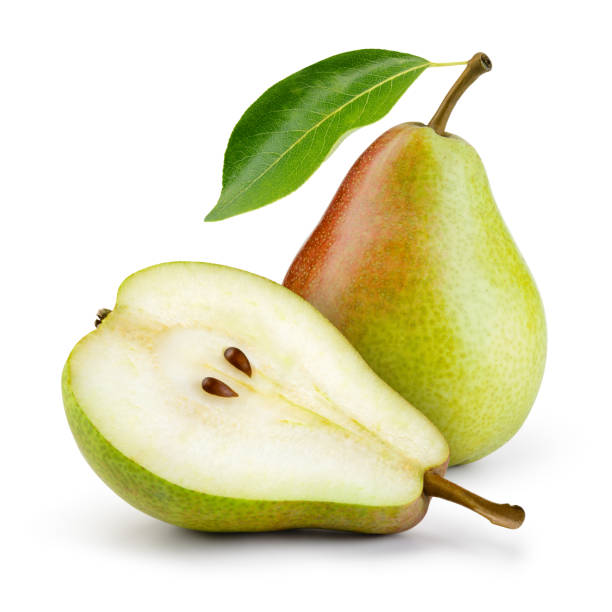
5. Cherries .
Cherries are beautiful, tasty, and rich in antioxidants that may help with inflammation. They’re ideal for snacking or topping desserts. But a cup gives only 12 mg of vitamin C, roughly 10% DV.

These fruits are still healthy and delicious, they just aren’t the best option if you’re specifically trying to up your vitamin C intake.
Fruits High in Vitamin C.
Now for the real winners:
1. Kiwi
Kiwi is small, but wow, it packs a punch. One medium kiwi has about 167 mg of vitamin C, more than double what you need in a day. Tangy, sweet, and easy to eat, it’s great in breakfast bowls, smoothies, or just on its own.

2. Strawberries
Juicy and bright, strawberries aren’t just tasty, they give you a lot of vitamin C. One cup delivers around 98 mg, over 150% of your daily needs. Sprinkle them on cereal, toss in a salad, or eat plain. Your immune system will thank you.

3. Oranges
The classic vitamin C go-to. A medium orange has about 90 mg, roughly 130% DV. They’re perfect for a quick snack, juice, or fruit salad. Simple, sweet, and refreshing.
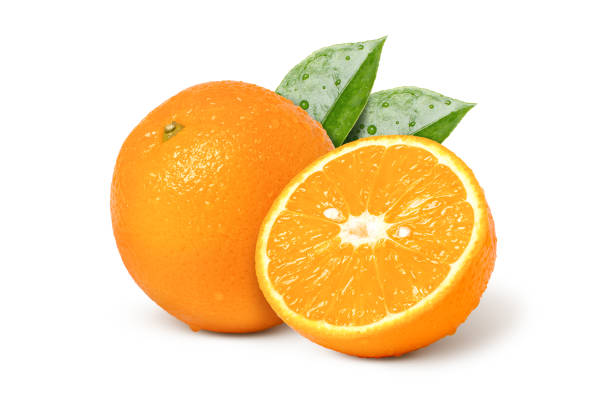
4. Papaya
Soft, tropical, and full of vitamin C. One cup gives about 88 mg, which covers 100% of your daily needs. Eat it alone or blend it in smoothies, it’s an easy way to get a nutrient boost.

5. Guava
Guava is the real champion here. One fruit has over 200 mg of vitamin C, more than double what most adults need. Tangy, flavorful, and versatile, you can eat it raw, in smoothies, or even in a salsa.

Adding these fruits into your day is simple, fun, and keeps your vitamin C levels up. Your body, skin, and immune system will benefit, and it doesn’t feel like a chore.
Comparison Table: Vitamin C in Fruits.
Here’s a clearer table showing how much vitamin C each fruit offers per serving (approximate values based on USDA data):
| Fruit | Serving Size | Vitamin C (mg) | % Daily Value* | Key Notes |
|---|---|---|---|---|
| Banana | 1 medium | 9 mg | 8% | High in potassium, very low vitamin C |
| Apple | 1 medium | 8 mg | 7% | Fiber-rich, minimal vitamin C |
| Grapes | 1 cup | 5 mg | 4% | Good antioxidants, but little vitamin C |
| Pear | 1 medium | 10 mg | 8% | Great for fiber, low vitamin C |
| Cherries | 1 cup | 12 mg | 10% | Contains antioxidants, modest vitamin C |
| Kiwi | 1 medium | 167 mg | 230% | Excellent vitamin C superfruit |
| Strawberries | 1 cup | 98 mg | 150% | Rich in antioxidants and vitamin C |
| Orange | 1 medium | 90 mg | 130% | Classic vitamin C fruit |
| Papaya | 1 cup | 88 mg | 100% | Supports skin and immunity |
| Guava | 1 medium | 210 mg | 200% | One of the richest natural sources |
*Daily Value (DV) based on 90 mg recommendation for adults.
Tips to Maximize Vitamin C Intake.
1. Combine fruits
Try tossing in at least one fruit rich in vitamin C whenever you eat fruit. Even if it’s just a snack, a few slices of kiwi or some strawberries can give your day a little nutrient boost.
2. Pair with low vitamin C fruits
Love bananas or apples? Great, keep them! Just throw in some high-vitamin-C fruits like strawberries or kiwi. A banana smoothie with a few strawberries is tasty and gives you both fiber and vitamin C.
3. Eat raw
ooking can zap vitamin C, so eating fruits fresh is key. Just grab a snack, throw together a quick salad, or make a smoothie, you’ll get all the nutrients without losing anything.
4. Variety matters
Don’t eat the same fruit every day. Mix it up. Different fruits give you different vitamins, minerals, and fiber. Switching things around keeps your meals interesting and makes sure your body gets a wider range of nutrients.
FAQs
1. Are bananas bad for health since they are low in vitamin C?
No. Bananas provide potassium, fiber, and energy. They just aren’t ideal for vitamin C intake.
2. Can I get enough vitamin C from fruit alone?
Yes, by focusing on vitamin-C-rich fruits like kiwi, strawberries, oranges, papaya, and guava.
3. Do fruit juices provide vitamin C?
Some juices do, but processing can reduce vitamin C content. Whole fruits are usually better.
4. How much vitamin C do I need daily?
Adults typically need about 75–90 mg per day. A single kiwi or orange often meets this requirement.
5. Can I combine fruits for better nutrition?
Absolutely. Mixing high and low vitamin C fruits provides fiber, antioxidants, and other nutrients while ensuring enough vitamin C.
Conclusion
Not all fruits are created equal when it comes to vitamin C. While bananas, apples, grapes, pears, and cherries are nutritious, they don’t provide enough of this essential nutrient to support immunity and overall wellness.
On the other hand, kiwi, strawberries, oranges, papaya, and guava are real vitamin C powerhouses. By adding these fruits to your meals,like a kiwi at breakfast, strawberries in your smoothie, or a guava as a snack, you can naturally boost your vitamin C intake.
Small changes like these make a big difference over time, helping you stay healthy, energized, and feeling your best!







